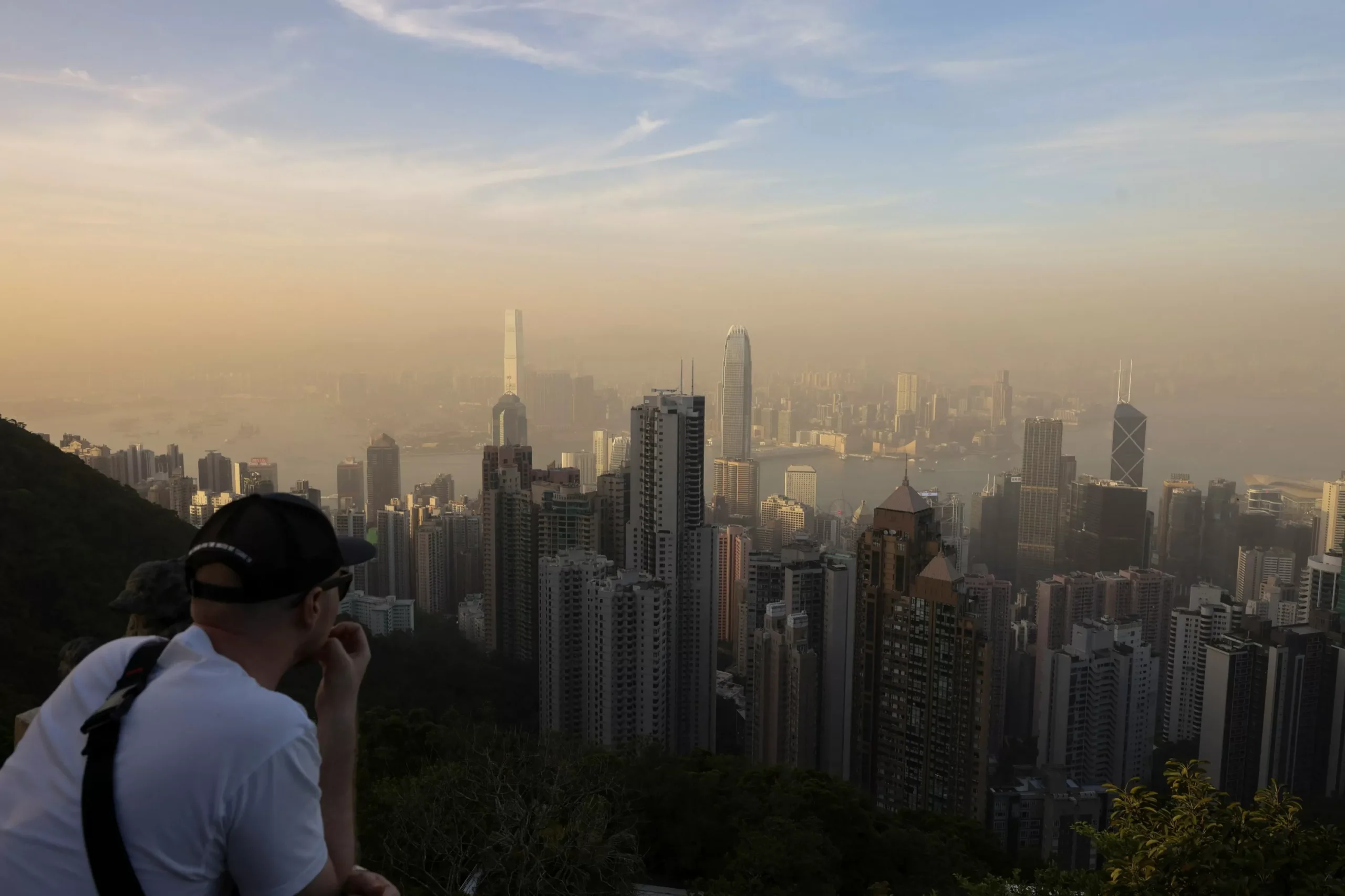China has announced that it will impose sanctions on U.S. officials, lawmakers, and NGO leaders in response to their stance on Hong Kong. This move has further escalated tensions between Beijing and Washington, as the two superpowers continue to clash over various issues.
The decision to impose sanctions comes after the U.S. passed the Hong Kong Autonomy Act, which aims to punish Chinese officials involved in the implementation of the controversial national security law in Hong Kong. This law has been widely criticized by the international community for undermining the autonomy and freedoms of the semi-autonomous region.
In a statement released on Monday, the Chinese Foreign Ministry announced that it will impose sanctions on U.S. Senators Marco Rubio and Ted Cruz, as well as Congressman Chris Smith, for their “nasty behavior” and “interference” in China’s internal affairs. The ministry also stated that it will sanction the heads of several U.S.-based NGOs, including the National Endowment for Democracy, Human Rights Watch, and Freedom House, for their alleged support of the Hong Kong protests.
This move by China is seen as a direct response to the U.S.’s actions and is likely to further strain the already tense relationship between the two countries. However, China has made it clear that it will not back down in the face of what it sees as interference in its internal affairs.
The U.S. has been a vocal critic of China’s handling of the Hong Kong protests, which began last year in response to a proposed extradition bill. The bill, which has since been withdrawn, sparked widespread protests and calls for greater democracy in the region. However, China has accused the U.S. of fueling the protests and using them as a means to interfere in its internal affairs.
The imposition of sanctions by China is a strong message to the U.S. that it will not tolerate any interference in its internal affairs. It also serves as a warning to other countries that may be considering taking a similar stance on Hong Kong.
The U.S. has responded to China’s announcement by condemning the move and stating that it will not be deterred from standing up for the rights and freedoms of the people of Hong Kong. The U.S. State Department has also stated that it will continue to support the people of Hong Kong and hold China accountable for its actions.
The ongoing tensions between China and the U.S. have not only centered around Hong Kong but also other issues such as trade, technology, and the handling of the COVID-19 pandemic. The relationship between the two countries has deteriorated significantly in recent years, with both sides engaging in a war of words and imposing tariffs on each other’s goods.
It is clear that the relationship between China and the U.S. is at a critical juncture, and the imposition of sanctions by China is likely to further strain the already fragile ties between the two countries. However, it is important for both sides to find a way to de-escalate tensions and engage in constructive dialogue to address their differences.
In the midst of these tensions, it is crucial for both China and the U.S. to remember the importance of maintaining a positive and respectful relationship. As two of the world’s largest economies, their cooperation and collaboration are essential for global stability and prosperity.
In conclusion, China’s decision to impose sanctions on U.S. officials, lawmakers, and NGO leaders is a clear indication of its determination to protect its sovereignty and maintain its stance on Hong Kong. While this move may further strain the relationship between the two countries, it is important for both sides to find a way to address their differences and work towards a more positive and cooperative relationship. Only through mutual respect and understanding can China and the U.S. overcome their differences and build a brighter future for both nations and the world.






![Complete BritRail Pass Guide [Types, How to Use It, Pros + Cons]](https://inside-news.uk/wp-content/uploads/2025/06/00221EB4-BCA2-4DBB-6CD4-83DBC37D71FA-120x86.webp)















